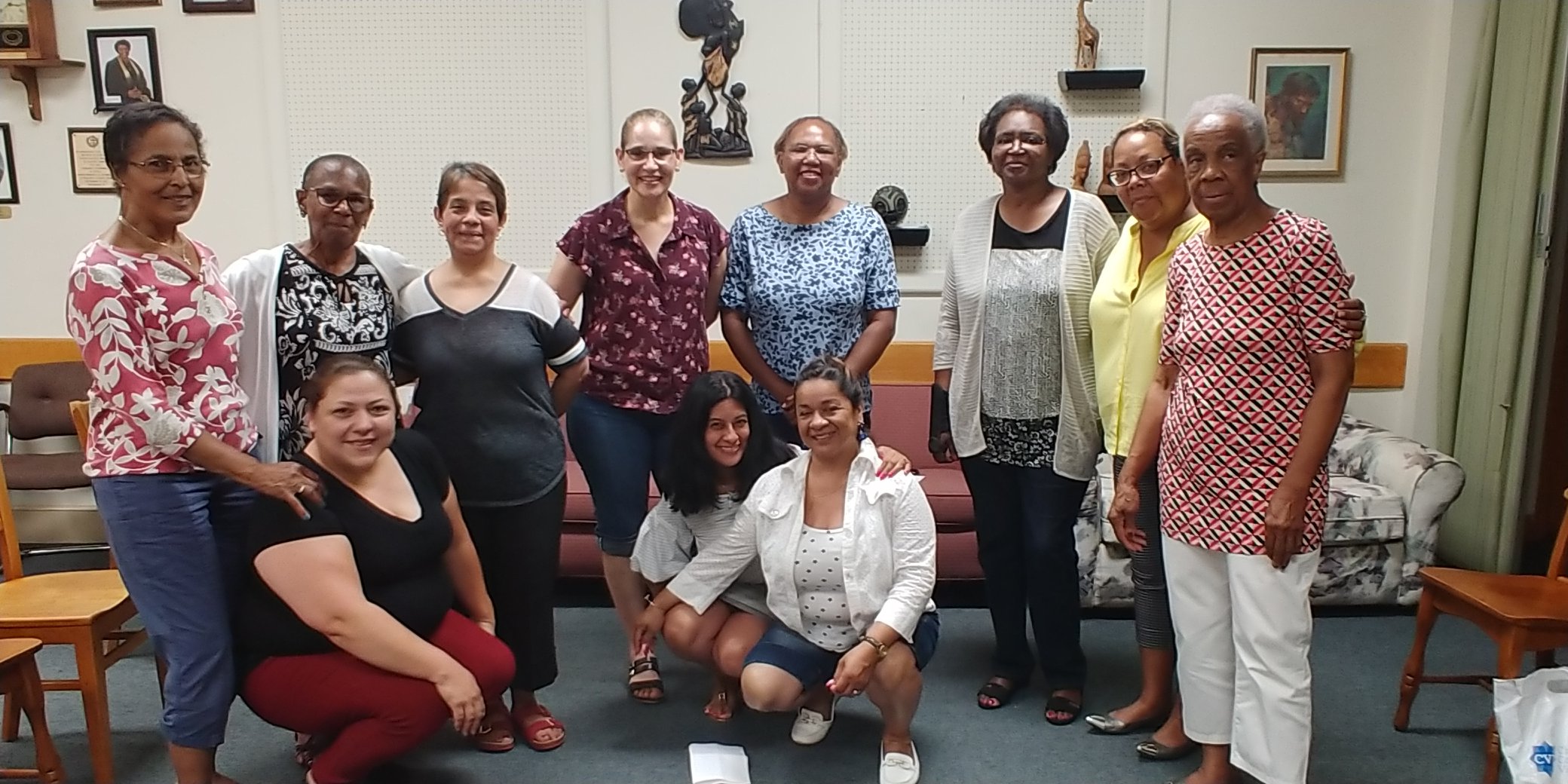We're accustomed to thinking about racial/ethnic and language differences in terms of "cultural diversity," but the w

ord "culture" encompasses so much more than the language we speak or the color of our skin. Our cultural backgrounds inform how we think, how we make decisions, how we relate to those older or younger than us and how we expect them to relate to us, how we interact in groups, whether we raise our hands and move while we pray or whether we sit quietly with bowed heads, and more!
Additionally, our "cultural background" is not just our language group or our skin color, but includes our generational cohort, whether we were born and raised in the U.S. or came here from another country, whether we live in an urban setting or a rural one, and even what church we belong to. Groups of people develop "cultures" that give guidance to how they interact with one another: Corporate cultures, congregational cultures, village cultures, generational cultures... All of that is in the mix when you bring a group of women or girls together in ministry.
When we're in a meeting, we might assume we all have the same understanding of how meetings are supposed to go: Everyone will feel comfortable speaking their mind, people will jump in when they have an opinion, being quiet just means they're shy or they don't have an opinion, there's a certain agenda to be followed in a certain time frame, and voting is the proper way to make a decision. But if you're running a meeting with people from all sorts of backgrounds, making those assumptions may mean that some women get left out. We no longer live in a time when we can assume that Roberts Rules of Order are the best choice for making every decision, or that open brainstorming sessions are the best way to get everyone's ideas on the table.
In this section, you will find resources and materials to help you better understand cultural differences in all of its definitions, and suggestions of practices that will be more effective in getting full participation of all the women and girls in your ministries.
Becoming Beloved Community means using a wide variety of methods for dialogue and decision-making.
Ideas and Resources